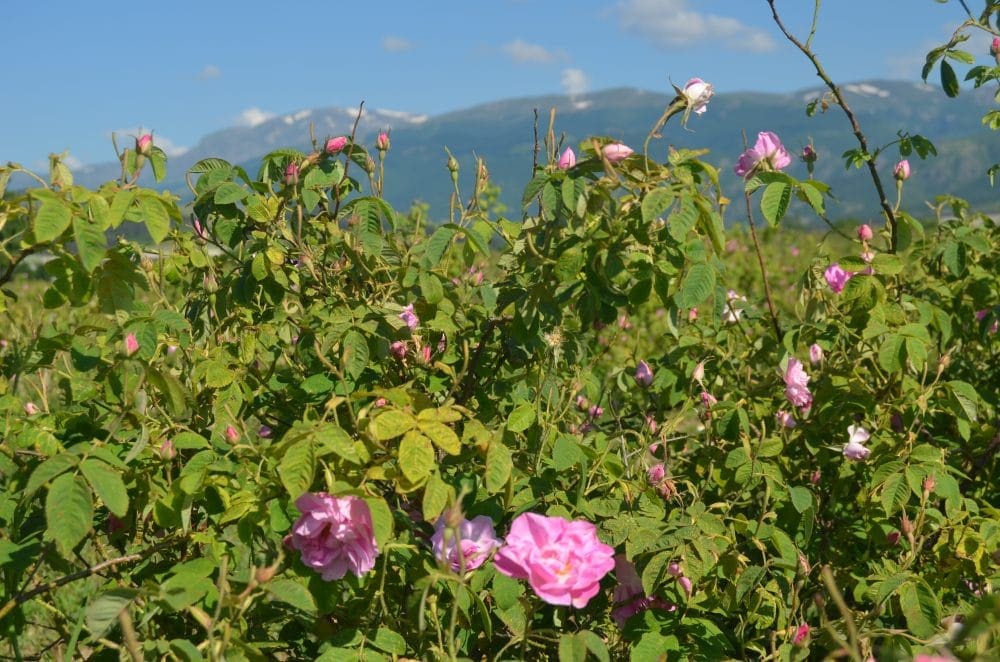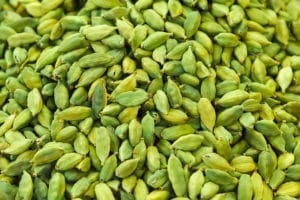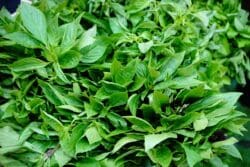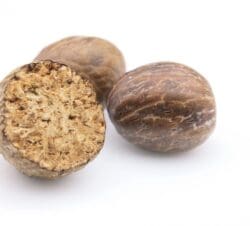
Key Product Updates for 2024
Cedarwood Oil Texas
The domestic Cedarwood Oil industry has returned to normalcy after a somewhat-tumultuous few years. Labor issues within the US are largely resolved and harvesting and processing equipment for cedarwood has improved due to Berjé’s direct investment at-source. As such, we expect the 2024 season for domestic cedarwood to be quite strong.

Vetiver Oil Haiti
The 2024 crop is now underway in Haiti. Production has begun but fuel continues to be one of the largest pressures on local distilleries, alongside political instability. Root availability is good, however, and costs across the production line are firm. Prices have also firmed and are projected to strengthen over the next few months. Additionally, stock levels in Europe and the US are low. Berjé continues to work with EcoBio and a selection of key smaller distilleries to ensure sustainable supply, supporting local production within the region.

Amyris Oil
Berjé works exclusively with Texarome to produce our Amyris Oil within the Dominican Republic. The material used for distillation is solely harvested from dead and dried trees – the process of collecting dead Amyris wood is widely known as “cleaning the forest floor” within the Dominican Republic and helps to prevent wildfires, as Amyris is extremely flammable. The market for Amyris Oil has firmed over the past few weeks due to limited supply from Haitian producers, with subsequent demand outpacing the limited volumes entering the market. Nevertheless, Texarome and Berjé are committed to ensuring price stability.

Buchu Oil
The 2024 campaign for Buchu Oil is already underway and moving steadily forward, with good weather and positive production indicators on all fronts. As of 2023, Waterfall Health Farms is also BRC Certified, which guarantees product safety, integrity, legality, and quality at-source. Our partners have since increased the production of organic buchu products at WHF and can offer more Buchu Oil Betulina and Organic Buchu Oil Crenulata than ever before.

The buchu industry has undergone some major changes in recent months – In September of 2023, the Buchu Association, National Khoisan Council (NKS), and South African San Council came to an agreement on the access and benefits sharing program surrounding buchu and its derivatives. This program, also known as the Nagoya Protocol, has introduced a “zero tolerance” policy for illicit buchu operations throughout South Africa, with heavy enforcement and strong penalties to offenders. However, through our partnership with WHC, Berjé already guarantees complete traceability for every single batch of buchu, from soil to oil, placing us well ahead of these new regulations.

Rose Oil Bulgarian
Overall crop health for Bulgarian rose fields was much higher in 2023 than previous years. Poor weather and unseasonal rainfall during early collection periods caused a small increase in pricing during the early 2023 season, though the situation has since stabilized. The cost of fuel at Berjé Trakia, our Bulgarian distillation facility, has also greatly declined since 2022.
Despite these recent improvements, Rose Oil production is still viewed as a sensitive subject within Bulgaria, and upcoming seasons will require constant monitoring. The number of pickers available during harvest season remains the most important factor for Bulgarian rose production – in the upcoming season, many rose fields are expecting to be short on pickers, which can disrupt essential oil production.
Our team at Berjé Trakia, together with our close network of 137 local growers, are extremely well-versed in Rose Oil production and continue to offer full transparency when it comes to the long-term development of sustainable supply.

Lavender Oil Bulgarian
Of the 13,000 hectares of land once reserved for lavender production in northern Bulgaria, only around 3,500 hectares remain in place as of today. Taking into account an additional 1,500 hectares scattered throughout the remainder of the country, the total production of Lavender Oil Bulgarian during the 2023 season was estimated at just 200-250 MT. However, there are no accurate estimations on the amount of carryover remaining in the global market, and much of the oil still circulating within this market has little to no commercial value due to various quality issues.

Berjé is playing our part to the fullest within Bulgaria by supporting its historic farming communities, continuing to purchase current Lavender Oil production even amidst a declining lavender market. This is a crucial practice for maintaining a solid minimum quantity of lavender producers within the region, as many farmers await a rebound in the market. Support from the wider flavor and fragrance industry plays a vital role in continuing the legacy of this historic material!

Guaiacwood Oil
Berjé sources the vast majority of our guaiacwood from our partnership with ALPACASA, an essential oils producer based in Paraguay. ALPACASA is well-known for its commitment to both quality and sustainability – the organization producers some of the highest quality guaiacwood oil and guaiacwood acetate in the world, and Berjé has worked closely with their local harvesting communities for many years.
The modern production process behind Guaiacwood Oil is highly sustainable. ALPACASA are major proponents of long-term, environmentally conscious operations that provide decades of value for local communities. Through our exclusive partnership with ALPACASA, Berjé also sources Guaiacwood Acetate, which does not require CITES approval and is a much more expeditious product to ship internationally.

Nutmeg Oil
Over the last four months, demand for nutmeg has remained very strong, and limited availability around the world has caused prices to steadily increase. Now that the holiday season has passed, consumer demand has eased somewhat, but prices remain firm. The nutmeg market is currently awaiting the start of the upcoming March season before adjusting its pricing for any newfound demand.

Cedarleaf Oil
Cedarleaf Oil is mainly produced in Canada and the northern USA. In recent years, the harvest has faced numerous challenges due to weather, with particularly intense damage from repeated heat waves during the summer months. Outlook for 2024 indicates the crop will recover to normal levels.

See all info of:




